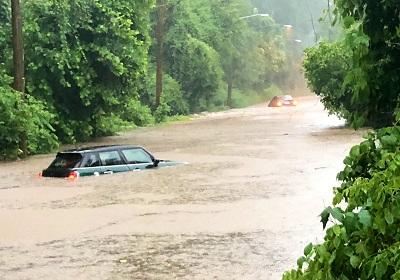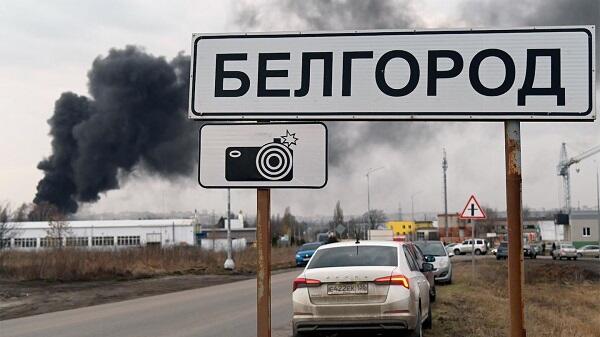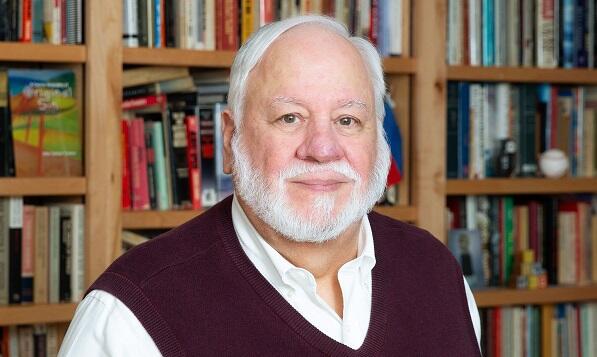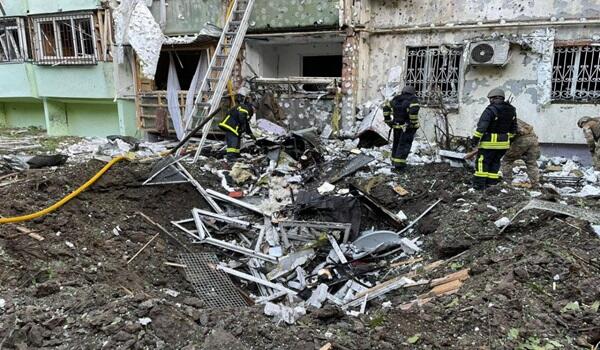Axar.az presents an article "Shame And Other Lessons" by John Samuel Tieman.
A few years ago, during a Chicago teachers' strike, I was struck by the educators' repeated call for “Respect”. There were many issues. But “We want respect!” was the mantra. What does “respect” actually mean? Part of it is this – teachers are tired of being shamed.
A fellow teacher, a friend from California, asked a question of a workshop presenter. The teacher began in a self-deprecating manner, but the presenter immediately interrupted, saying, “There are no stupid questions, only stupid teachers.”
An art teacher, in rural Missouri, was told at a faculty meeting that her subject was not important, because art was not on the state examination.
A young friend was a principal in a large Western district. She wearied of being publicly humiliated for her school’s low standardized test scores. Why? Her's was an alternative school for children with emotional disorders and learning disabilities. She now teaches in a small private school in rural Oregon.
Public education is an oppressed profession. This oppression is not about poor working conditions, rowdy students, or even low pay. Some misfortune is expected everywhere. This oppression takes the form of shaming. No one gets their teacher's certificate, only to be forced to deliver “teacher-proof education”, lessons that are entirely scripted from “Hello” to “Goodbye.” Shaming is the most underestimated condition in public education today.
No one issue accounts for this humiliation. It must be viewed as a gestalt, a totality, a system of shaming. A principal works a year without a contract. Part of the justification for giving standardized tests is that teachers' observations are not trusted. A first-year teacher has 177 students, and one free period every other day. Professional development is generally inane. A sixth-grade teacher weeps outside her room because that class has 42 students. A high school lost two-thirds of its staff due to cutbacks, although the student population is steady. Because of test scores, states conclude that schools will be closed, districts discontinued, and that these educators will never amount to anything. These instances are drawn from folks I know around the country. A similar list could be drawn from almost any one school. I could fill a dozen pages with hundreds of such instances, no one of which would account for this sense of humiliation. But put it all together.
Shaming is not about a fault. Shaming says that there is something elementally wrong with the person. What makes shaming so damaging is that the central message is not about a fault. Shaming is about how the person is elementally constituted. It is the difference between “You didn't prepare that lesson well”, and “You're stupid and will never amount to anything.” Of vital importance here is the fact that shame is not just about an aspect of the self. It is about the whole of the self. It is not about a poorly prepared lesson plan. The whole of the self is stupid. Allow me to illustrate this difference on a most personal level.
Around the middle of last September, Tomyko refused to call me “Sir”. It was not so much what he said, as much as the insolent attitude he took before the whole class. So I gave him three days of in-house suspension. But I worried about our relationship. As I wrote him up in the hallway, away from the gaze of the other students, I quietly explained my feelings – not my actions, my feelings. Knowing he knows the expression, I used the cliché, “Hate the sin but love the sinner”. Although I did not say it, I distinguished for him the difference between guilt and shame, the guilt, in a very few words, being about the deed, whereas shame is about the person. Just before he went to the office, I added, 'We're still cool, right?' He gave me “a bump”, a kind of handshake. To ensure the continuance of our dialogue, I visited him in “in-house”. I left him a book, the one we were reading in class. I hoped that the book acted as an object that signified our relationship, even though I was not present. Tomyko became an A student. Perhaps more importantly, on several occasions, he chose to confide in me several significant personal problems. Had I shamed him, our relationship undoubtedly would not have continued on any level except the most pro forma. I don't want to portray myself as some super-teacher. I simply learned that loving is better than shaming.
Public education is an oppressed profession. One source of oppression is shaming. “Respect” is easily said. But to dismantle this shaming, that will take a national dialogue.


















































